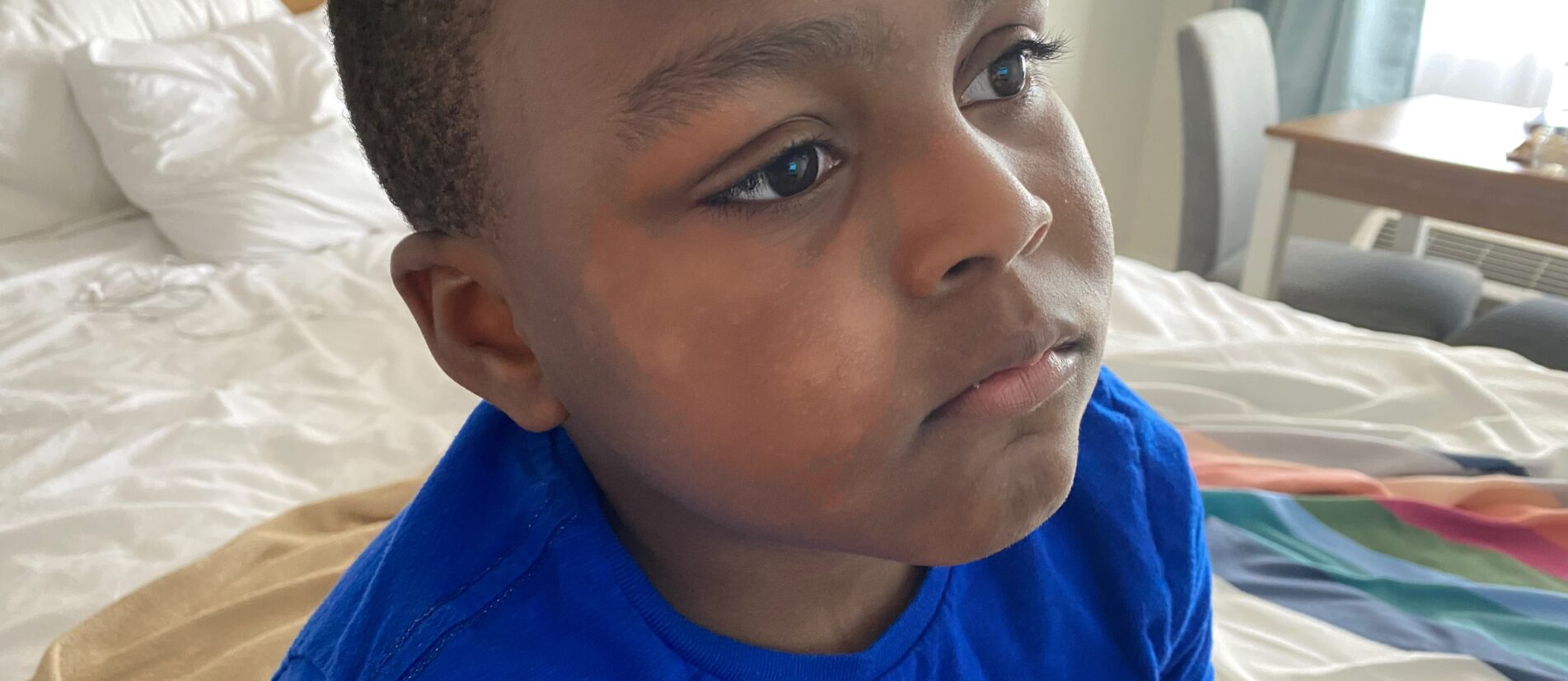Written By Kristen N Hubbard
Spots: Vitiligo or Something Else?
It’s Summer, it’s only getting hotter, so that means it’s time to grab the family and hit the pool. Swimming is a great way to cool off and now that COVID-19 is finally letting up, the pool will be a popular destination for family trips. But contrary to popular belief, darker skinned children need to protect their skin. Black and brown parents should be especially vigilant and remember that their child’s extra melanin does not guarantee safety from the sun. A common occurrence in the hotter times is the appearance of lighter or white spots with a dry texture on children’s faces. It’s especially prominent on darker skinned children. But black parents shouldn’t automatically assume it’s Leucoderma or Vitiligo.
It could be Tinea versicolor, which is is a common fungal infection of the skin. The fungus interferes with the normal pigmentation of the skin, resulting in small, discolored patches. These patches may be lighter or darker in color than the surrounding skin and most commonly affect the trunk and shoulders. This very common condition is sometimes treated over the counter by washing the body with… Head & Shoulders!
Or it may be a condition called Pityriasis Alba. Dr. Hemapriya a.k.a. “Doctor Mommy”, describes Pityriasis Alba as mostly occurring in the adolescents between the ages of 3 and 15 and most prominent on darker skin. It is often circular or irregular and mostly occurs on the face. Fear not, because the spots aren’t necessarily permanent. Hemapriya suggests a number of methods for treating and preventing this discoloration.
Treatment And Prevention
According to Hemapriya, children should always wear sunscreen and avoid using products with dyes or perfumes to help prevent dry skin. They should also eat more fruits and vegetables and even though worms don’t always cause spots, they might benefit from a deworming every six months. and if there is a coexisting fungal infection a fungal cream may help.
According to Hemapriya, if the skin is itchy, if the white spots change to a red hue or more areas become affected, it would be wise to consult a physician. This is to ensure that other diseases aren’t present. This warning is not to suggest that black families should avoid the pool entirely out of fear of their children developing a skin issue. But there is immense benefit in making sure children protect their skin and not assuming that darker skinned children are immune to skin disease.
